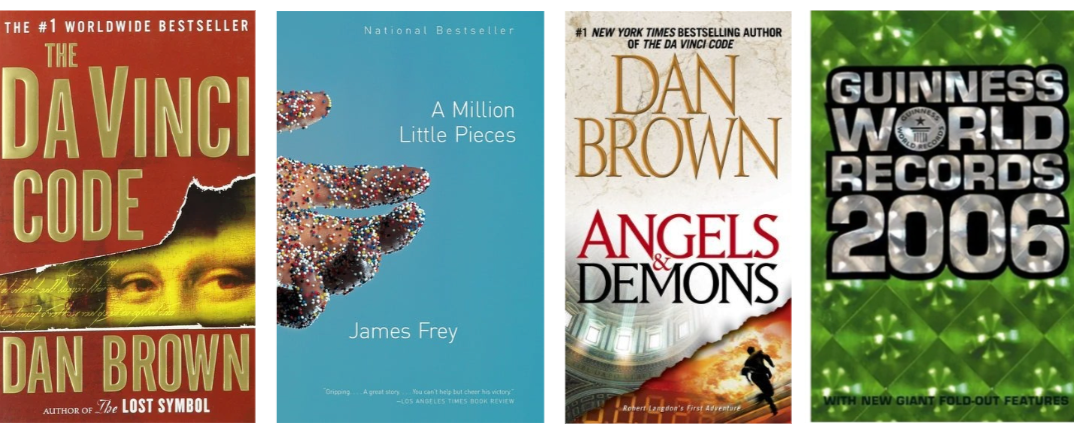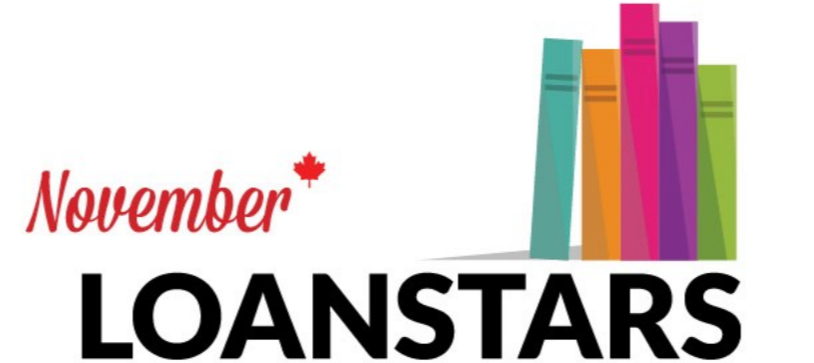For the third instalment of our BiblioShare in Eight blog series, we have invited Andrea Glenn and Samantha London to share about the way they have been using BiblioShare as their star bibliographic data aggregator for RipeFind, a tool designed for authors, publishers, producers, managers, executives, screenwriters, and literary agents. Learn more about RipeFind in their website.
1. What is the goal of your project?
As former film and TV literary agents, we saw how cumbersome and inefficient the process of book-to-screen dealmaking is. Publishers and authors are missing tons of opportunities to promote their books’ screenrights (including those vast, valuable backlists), while producers and other entertainment-industry execs are spending way too much time in their development process trying to browse IP, figure out if it’s available, and track down rightsholders.
So, we created RipeFind, a web app to solve both sides’ problems. For publishing folks (Posters), RipeFind is essentially a set-it-and-forget-it marketing tool. As soon as a Poster posts a book, it becomes discoverable to interested producers; no more pitching the not-quite-right book to the not-quite-right producer at the not-quite-right moment. For entertainment folks (Finders), RipeFind is a fast, powerful, and always-open discovery engine—think: the world’s best development team. It searches and filters IP based on all sorts of data points while also giving assurance that the IP being considered is available and, should interest arise, its rightsholder is just an in-site message away.
Our goal is still what it was as agents: encourage exciting new connections between the entertainment and publishing industries—and get deals started. But we wanted to radically improve the process, making IP discovery faster, better, more democratic, and at scale. Enter: technology.
2. What technologies/frameworks are you using?
RipeFind was built using custom PHP and a MySQL database. Crucially, RipeFind also uses a custom API that BiblioShare created for us. The API pulls all relevant ONIX data for Posters’ books, allowing users to post a book in just seconds. BiblioShare has also set up a delta refresh system for us allowing us to update our posted books’ ONIX when publishers transmit changes to them.
3. How much effort was involved in creating RipeFind?
Well, let’s say this. Had we known the amount of effort required, we might never have started! Two years later, we’re thankful for our blissful ignorance. RipeFind’s central business idea continues to be validated over and over, both by onboarding customers and by the marketplace. But neither of us had a technical background. Building the actual product has been, shall we say, a learning opportunity.
4. What are your expectations for this project?
We expect RipeFind to become a regular part of the workflow for both the publishing and entertainment industries. Publishers, authors, and book agents will make RipeFind a simple and easy step in building out their screenrights’ activity and revenue. Producers, network executives, and managers will turn to RipeFind regularly, whether opening the site in development meetings to look for some specific IP or simply browsing to get their creativity flowing. Looking forward, we have a bunch of other features for RipeFind’s future in the hopper that will eliminate other pain points in the book-to-screen process.
5. What do you wish was available in Standards and/or technologies?
BiblioShare has done some brilliant data work for us to deliver the exact data points we’re looking for. But still, we notice some variation between how certain publishers use some fields versus others. The more broadly ONIX standards could be used, the easier it would be for us to ingest and display. We’d also love more quantitative data—for example, bestseller rankings.
6. What was your biggest takeaway working on this project?
Can we have three?
It takes more time than you think. Find the sweet spot between being patient and impatient.
Build a product that satisfies a legitimate need. “Oh, we were just talking about needing something like this,” has been a not-uncommon response from our early customers.
Above all, work with the right people, from your co-founder outward.
7. What was the most fun to work on?
Hands down: the data. Our initial proof-of-concept version of the site was created before we knew about BiblioShare. In that iteration, posting a book was manual and very time-consuming — a big roadblock for our Posters. When we started working with Tim Middleton at BiblioShare, we felt like we were shopping for a wedding registry: we want this data point! And this one! Thanks to the API that followed, our Posters can now post up to 100 titles to the site at a time and keep those properties updated without any effort.
8. Most importantly, what are you reading right now?
Andrea: That's Not My Bee, to my one-year-old son, over and over again. And when he's napping, I'm slowly working my way through The Honey Bus by Meredith May. (Yes, there is a theme here; my other life is as a beekeeper).
Samantha: I unfortunately just finished it: Lanny by Max Porter.
Many thanks to Andrea and Samantha for answering our questions and sharing about their experience leading the RipeFind project. We are glad BiblioShare has made their data aggregation process more efficient!
You can read the past interviews of this series here.
If you would like to be featured in this series, or know someone who should be, please get in touch with the BiblioShare team.















Where to start when it comes to distributing your metadata.